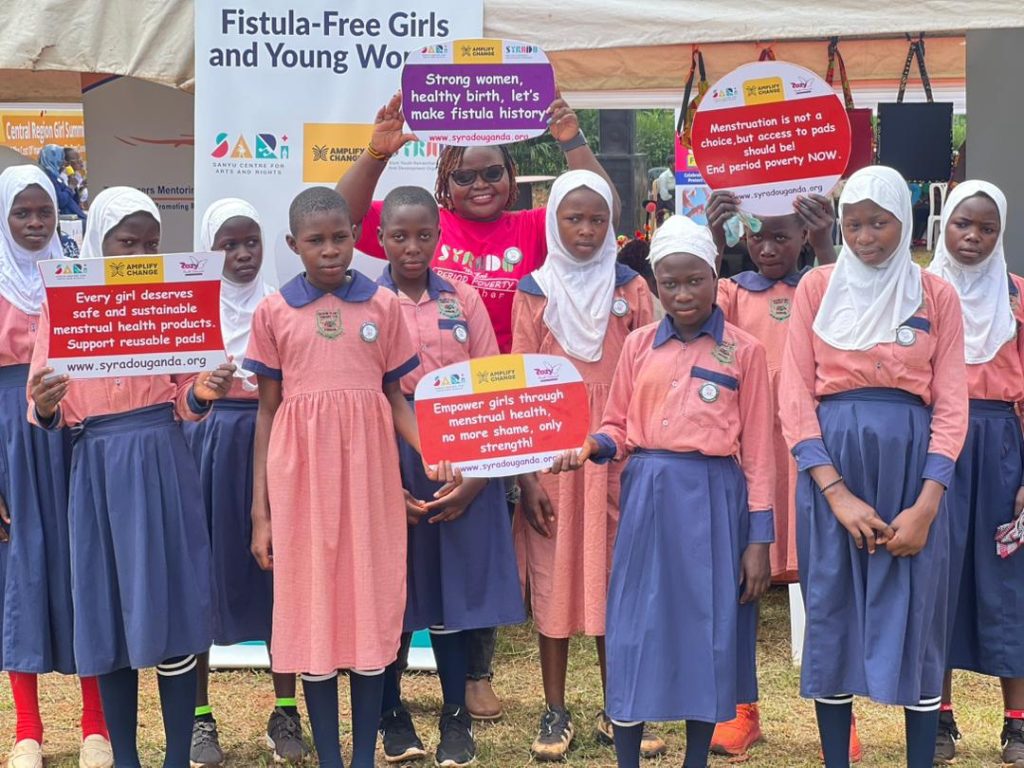From Stigma to Safety: How Menstrual Hygiene Can Prevent Fistula
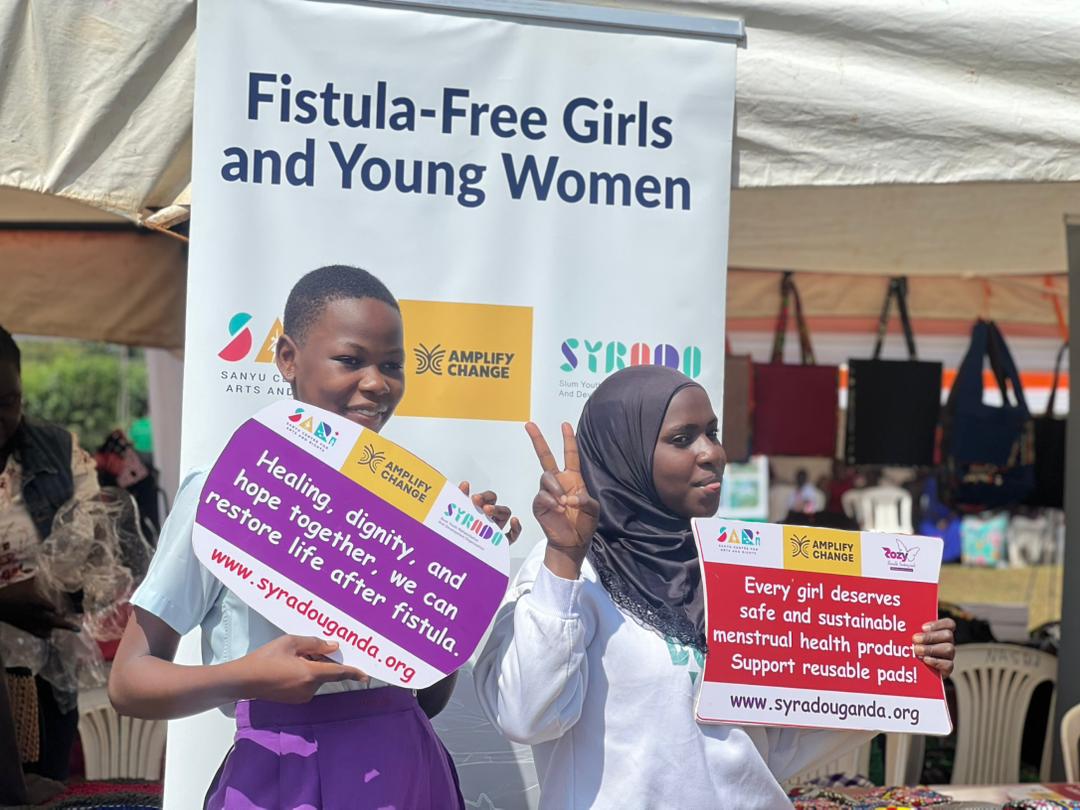
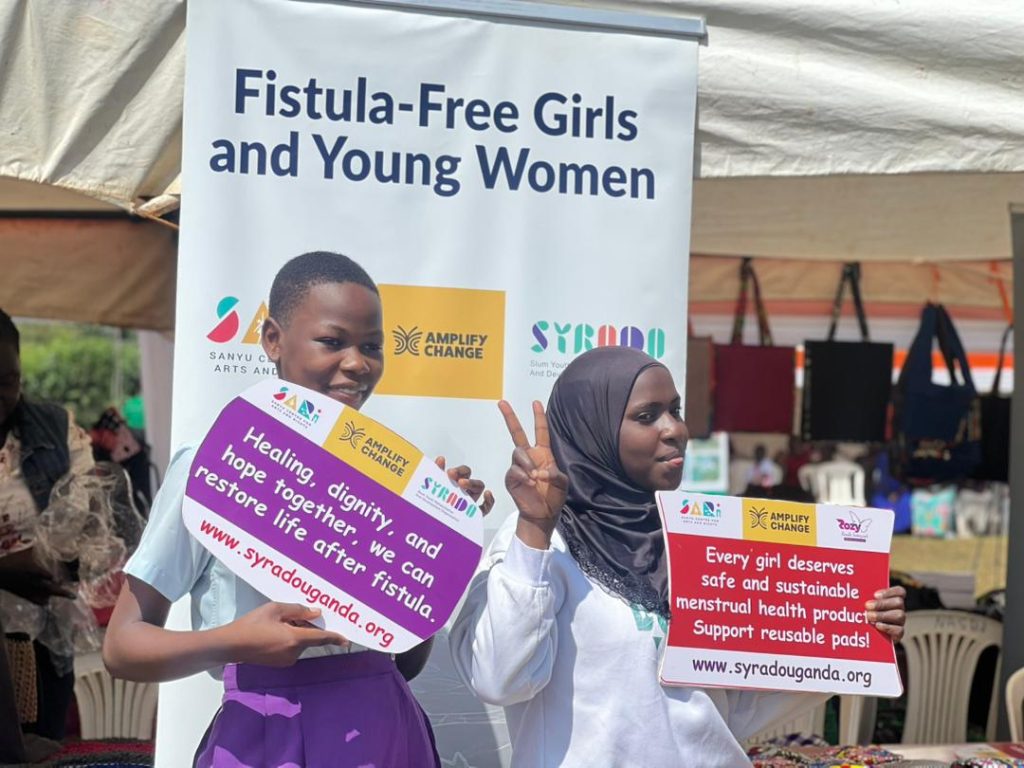
As members of the network for Girls not Brides Uganda, SYRADO paticipated and partnered with the Girls not Brides central region to hold the Girls Summit. This is an annual girls event that aims at empowering girls, parents and communties with information and edutainment on how to prevent child marriage. This year we focused on teenage mothers and their rights to education and ending stigma. The theme was re-entry, re-claim, rise and for SYRADO it was an opportunity to educate the girls, community and the parents about the importance of menstrual hygine management and how it prevents fistula.
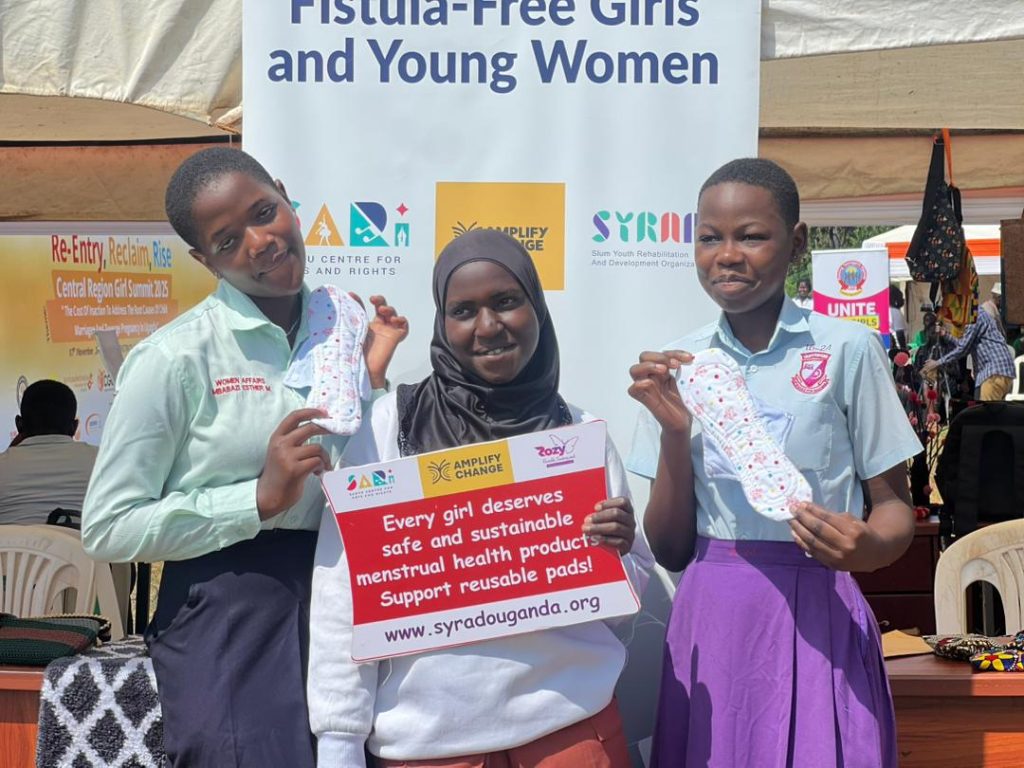
In the quiet corners of rural clinics and crowded maternity wards, a silent tragedy unfolds women living with obstetric fistula, a condition that leaves them leaking urine or feces due to prolonged, obstructed labor. It’s a wound not just of the body, but of dignity. And while the causes of fistula are complex, one powerful line of defense is often overlooked: menstrual hygiene management. With the support from Amplify Change and Sanyu Center for Arts and Rights, SYRADO today will unpack the link between Fistula and menstrual Hygiene.
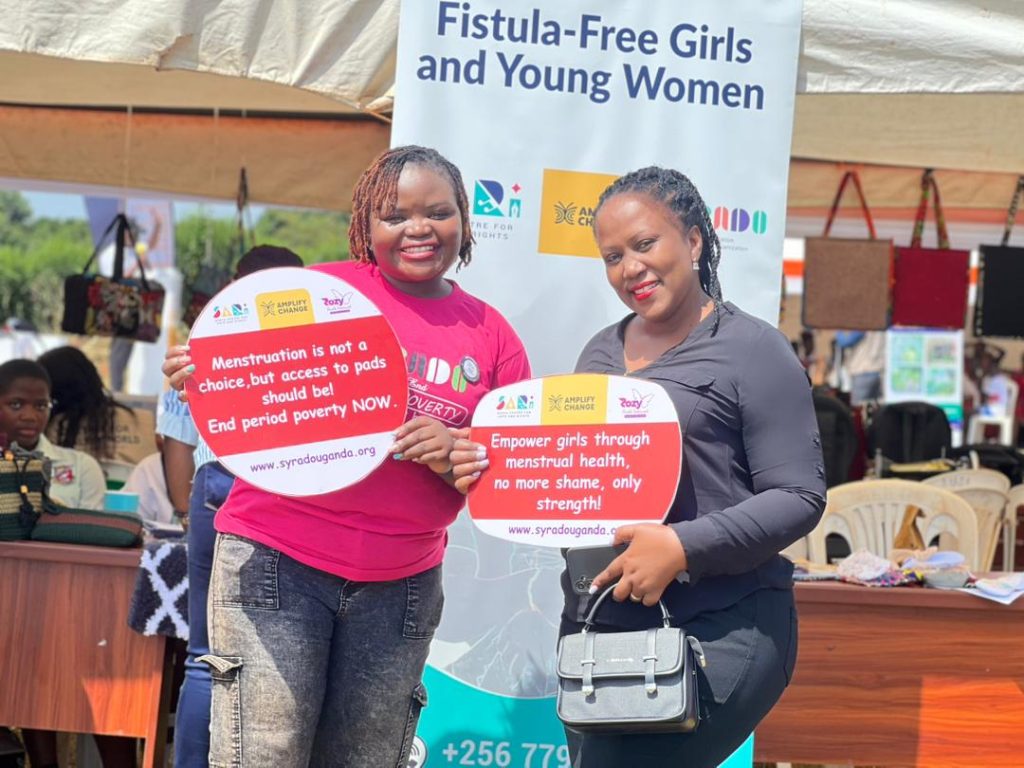
Proper menstrual hygiene management (MHM) plays a crucial role in preventing obstetric fistula by reducing the risk of reproductive tract infections that can compromise maternal health. When girls and women lack access to clean, safe menstrual products and facilities, they may resort to unhygienic materials or practices that increase the likelihood of infections. These infections, if untreated, can weaken pelvic tissues and contribute to complications during childbirth, including obstructed labor, a leading cause of fistula. Moreover, effective MHM empowers girls to stay in school and access reproductive health education, which enhances their ability to seek timely care during pregnancy and delivery. Thus, promoting menstrual hygiene is not only a matter of dignity but a preventive strategy against fistula and other maternal health challenges.

The Hidden Link Between Menstruation and Maternal Health
When girls lack access to clean, safe menstrual products, they often resort to using rags, leaves, or even sand. These unhygienic practices can lead to reproductive tract infections that weaken pelvic tissues. Over time, untreated infections increase the risk of complications during childbirth especially obstructed labor, the leading cause of fistula.
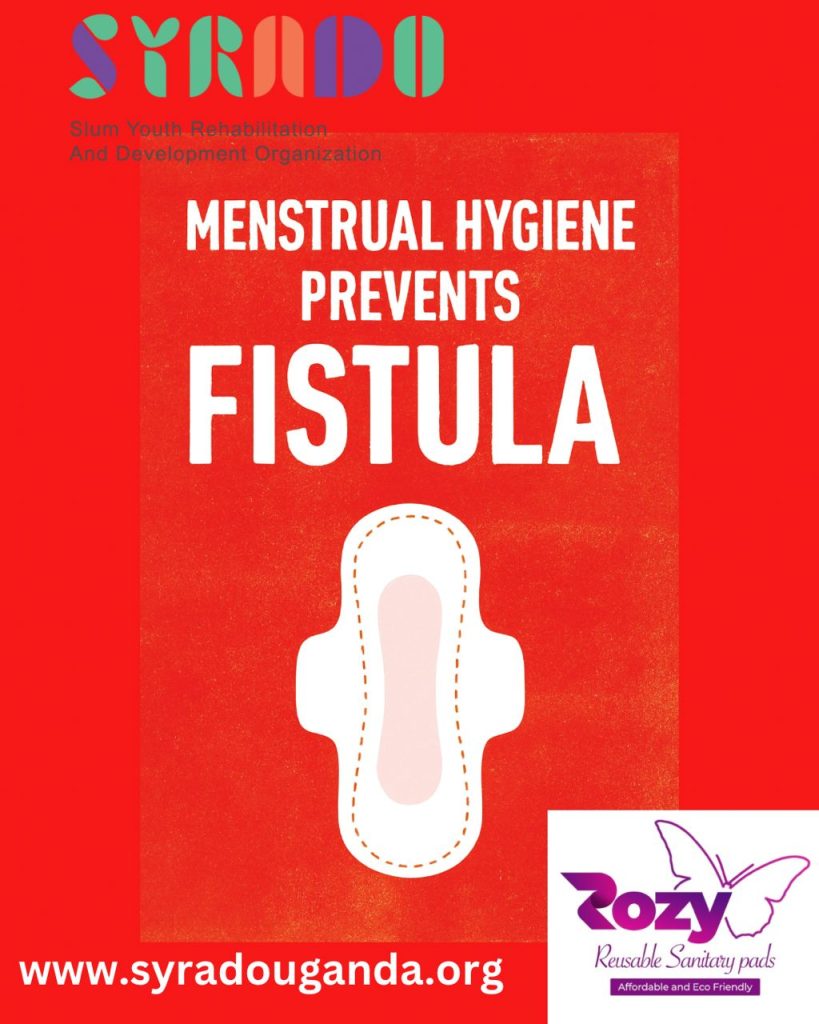
But menstrual hygiene is more than just a health issue. It’s a gateway to education, empowerment, and informed decision-making. Girls who manage their periods with dignity are more likely to stay in school, learn about their bodies, and seek timely care during pregnancy. That’s how a pad today can prevent a fistula tomorrow.
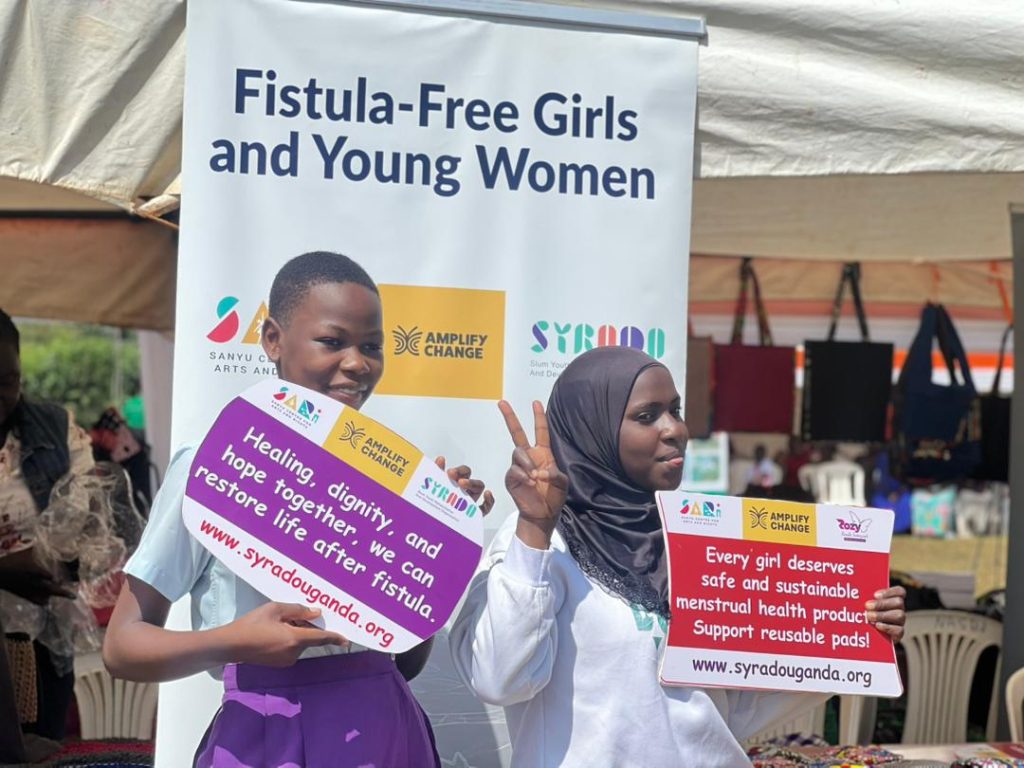
Breaking the Cycle of Silence and Shame
Fistula is often shrouded in stigma, just like menstruation. Women with fistula are abandoned, isolated, and silenced. But when we normalize conversations about periods, we also normalize conversations about maternal health. We create safe spaces for girls to ask questions, access care, and protect their futures.
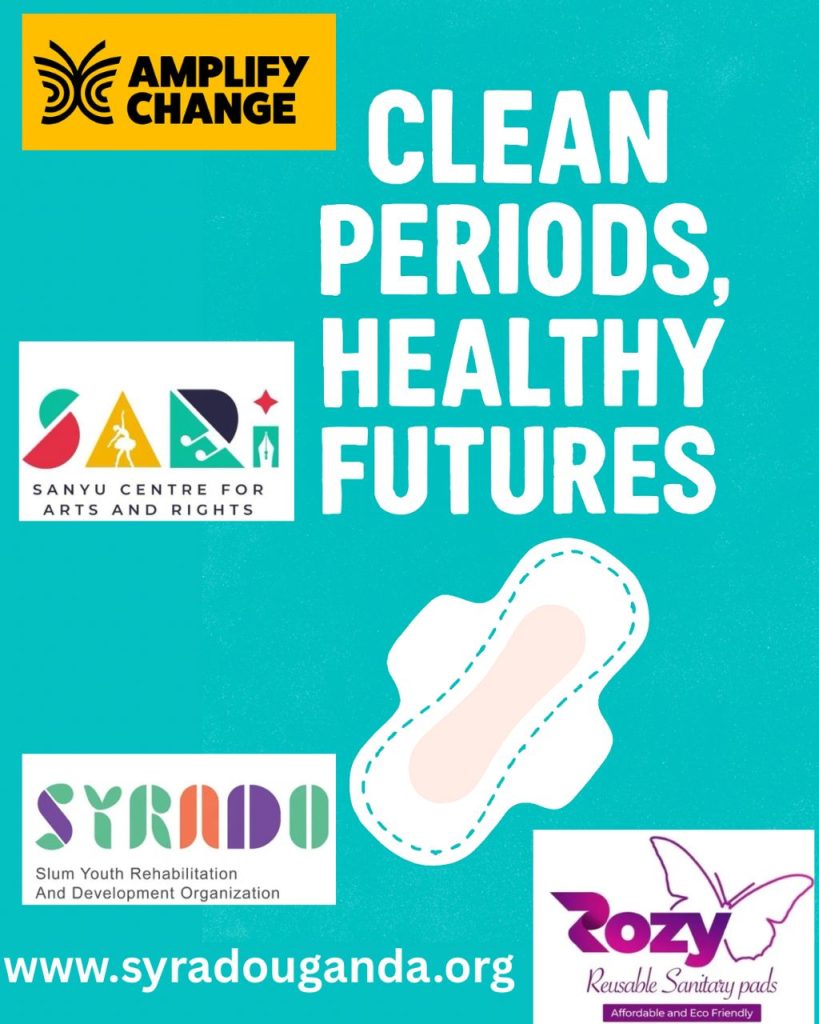
What You Can Do
- Support access to reusable menstrual products like Rozy Reusable Sanitary Pads that are sustainable, affordable, and safe.
- Educate communities about the link between menstrual hygiene and maternal health.
- Advocate for policies that integrate menstrual health into maternal health programs.
- Empower girls with knowledge, dignity, and the tools to protect their bodies.
A Future Without Fistula Starts with a Pad
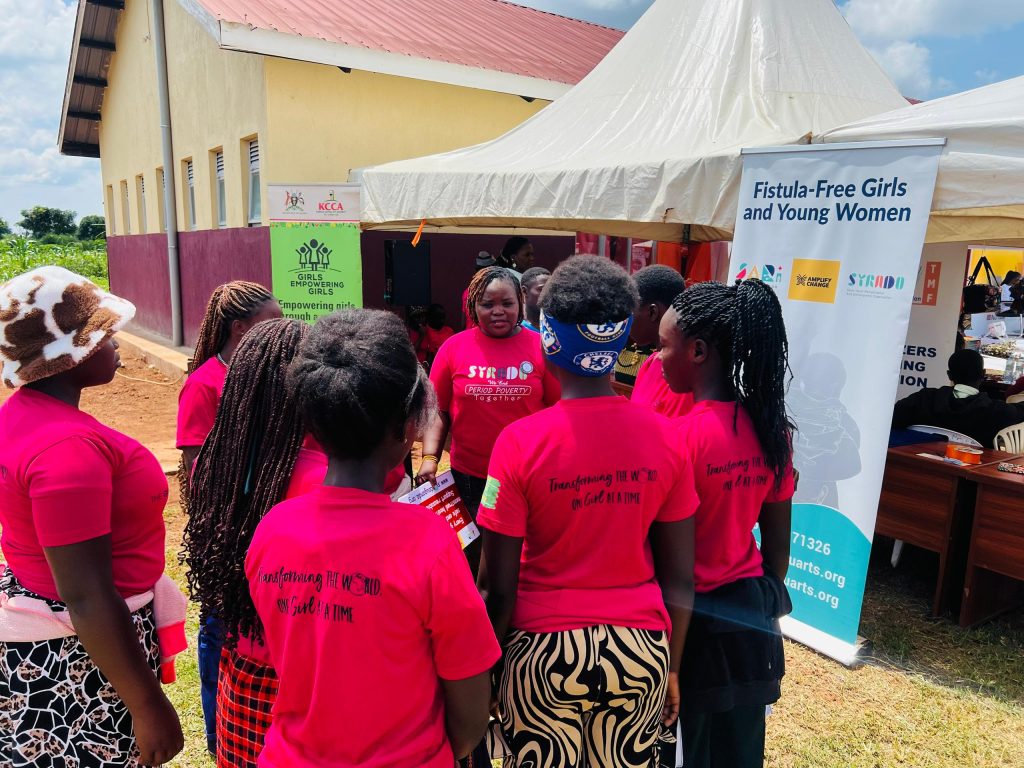
Menstrual hygiene is not a luxury. It’s a life-saving intervention. By investing in menstrual health, we’re not just preventing infections, we’re preventing fistula, restoring dignity, and rewriting the story for millions of girls and women. For more information contact us on https://syradouganda.org/
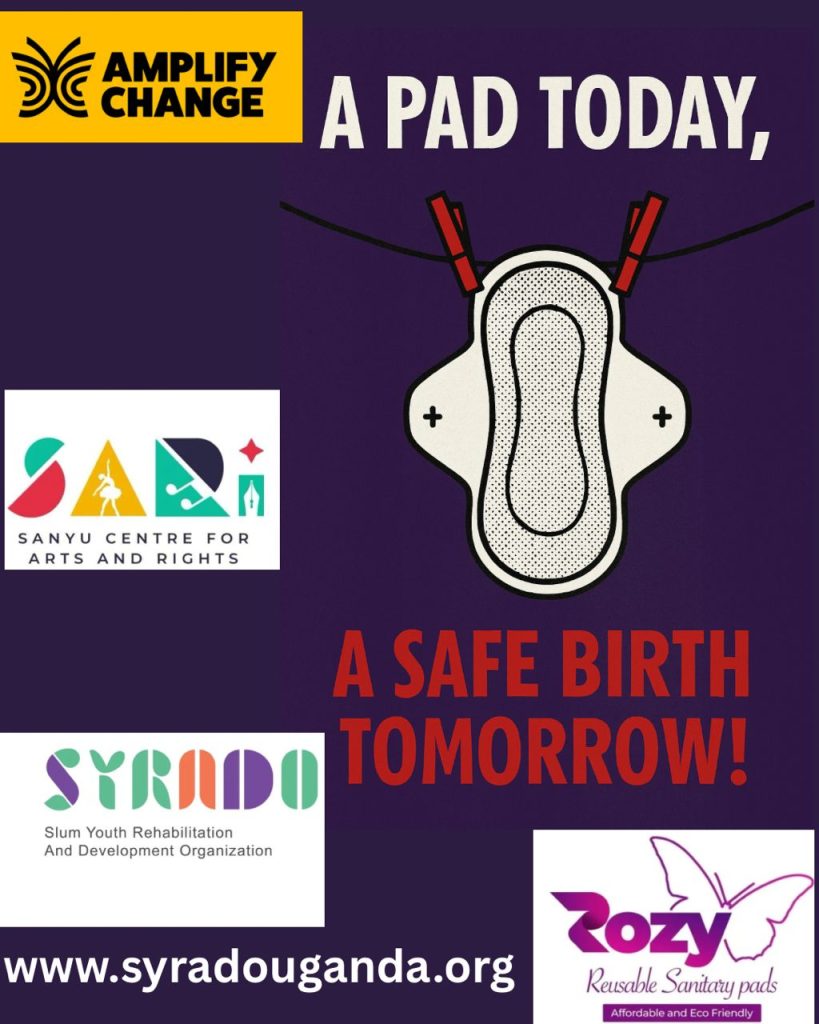
Let’s act now. Because every girl deserves a safe period, a safe birth, and a life free from shame.
